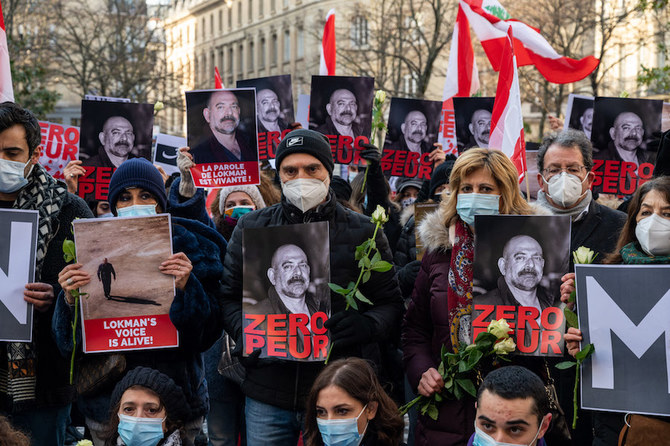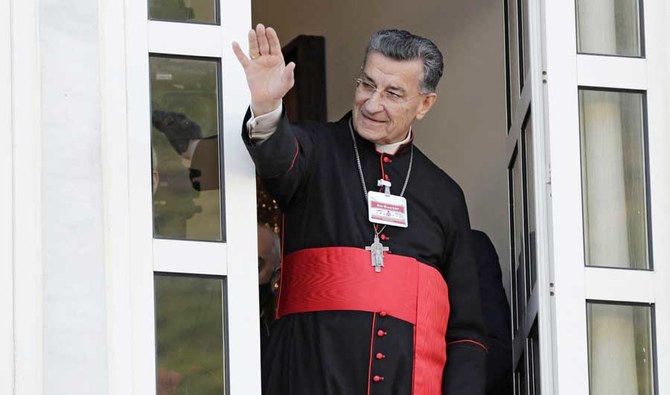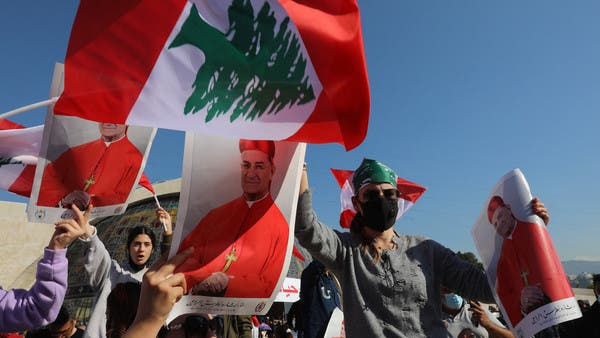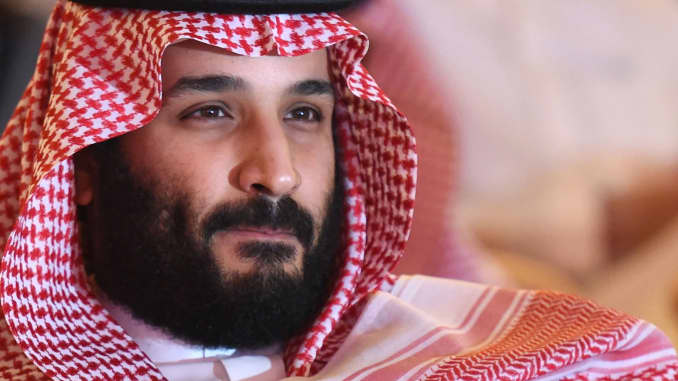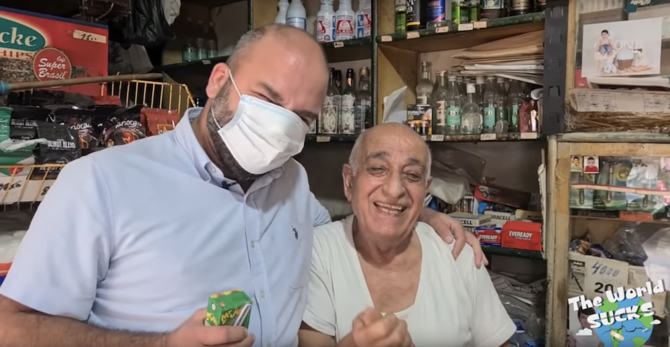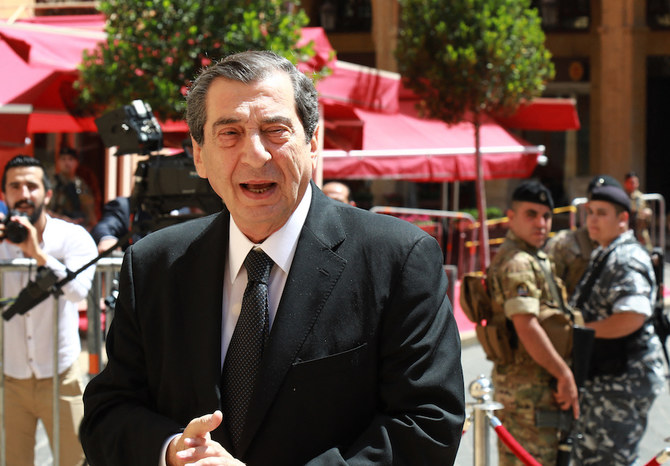
By Osama Habib — dailystar.com.lb — BEIRUT: Most Lebanese banks might be able to increase their capital by 20 percent on Feb. 28 and may partially be able to repatriate part of the 3 percent liquidity from abroad, but the challenges that lie ahead may be difficult to absorb in the future. All or most banks have apparently increased their capital by 20 percent, although many of them have not secured the 3 percent liquidity requirement, which could prompt the Central Bank to either put these lenders under its direct control or negotiate with them individually. Bankers interviewed by The Daily Star have warned that 2021 may be one of the biggest tests they will face as the lenders will be obliged to increase their capital adequacy ratio (Basel III requirement) by 8.5 percent before the end of 2021.
The Central Bank Thursday said that the Feb. 28 deadline for all banks to increase their capitals and repatriate 3 percent of the liquidity from correspondent banks will not be extended. “Contrary to what is circulated in many articles and analyses, Banque du Liban stresses that banks must comply with all the deadlines stipulated in its circulars to increase capital and secure external liquidity without any modification,” BDL said in a statement. BDL also stressed that after Feb. 28, 2021, banks must send all their data to the Banking Control Commission, which in turn checks them and sends the relevant reports to the Banque du Liban. “BDL also affirms that, according to the text of Article 70 of the Monetary and Credit Law, the stability of the banking sector is one of its duties and priorities, and therefore its approach will aim to take all measures aimed at addressing the situation of banks, leading to strengthening the stability of the banking situation and ensuring the funds and rights of depositors,” BDL added. Rami Nemer, the chairman of First National Bank, said his bank was able to increase the capital and secure at least 99 percent of the 3 percent liquidity requirement. “We already have over 9 percent of the capital adequacy ratio which is more than Basel III requirement. We did all these things to maintain our operations but I am still worried about the future if things in Lebanon continue to deteriorate like that,’ Nemer said. But many small and medium size banks were compelled to buy dollar banknotes from the black market in large volumes to secure part of the 3 percent requirement.
